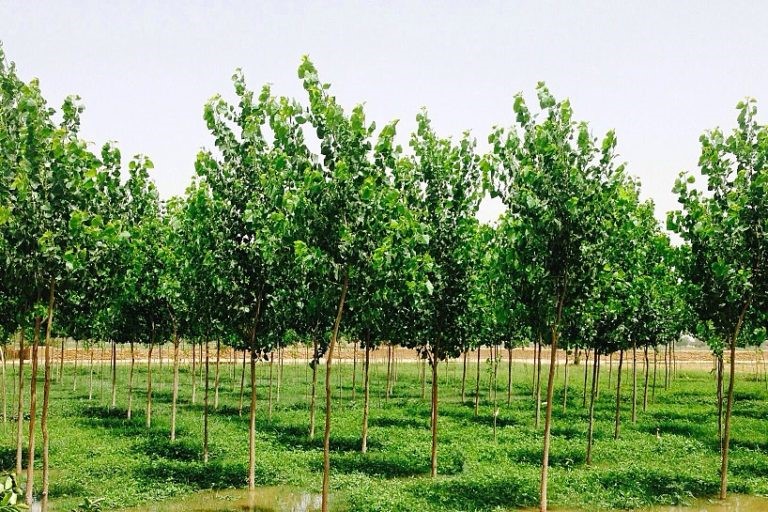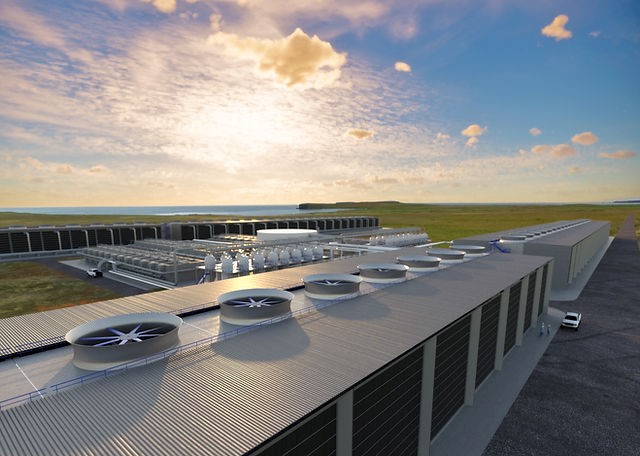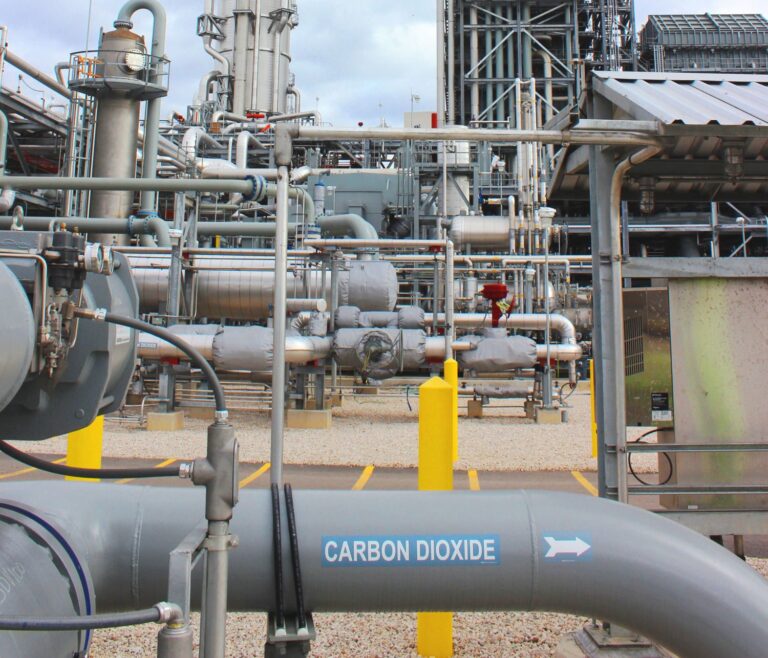Nigeria is signatory to Paris Agreement and in 2021 Climate Change act was enacted. The Act applies to both public and private entities within Nigeria’s territorial jurisdiction and directs both to implement mechanisms geared towards fostering a low-carbon emission, environmentally sustainable, and climate resilient society. Thus, RiftOil Petroleum Company Ltd is deeply committed and actively participating in developing Nigerian Renewable Sector and provision of green gasses emission reduction solutions through technical collaboration with proven companies in the respective areas. This will, through time, enable the company to acquire and develop local capacity to domesticate and improve the existing technologies.
Biofuels
RiftOil is currently in collaboration process with the Renewable Energy Division (RED) of the Nigerian National Petroleum Corporation Ltd to develop the use of Poplar Fruits for Biofuels production.
Poplars are more desirable for biofuels than many other woody crops because of their fast growth, their ability to produce a significant amount of biomass in a short period of time, and their high cellulose and low lignin contents. For liquid fuels, the cellulose provides the carbohydrates to produce bioenergy and the low lignin content makes it easier to extract carbohydrates from the biomass. In addition, the development of poplar genotypes with improved yield, higher pest resistance, increased site adaptability, and easy vegetative propagation has made poplar a commercially valuable energy crop. RiftOil also considers poplars to be one of the short rotation woody biomass crops that can be nationally developed through plantation cultivation in the vast Nigerian Savannah Regions. Poplars have some advantages over other bioenergy crops such as grasses because the wood does not need to be stored, which allows harvest to occur throughout the year.
Project Scope:
· 2000 hectares of Savannah Land will be put into the Poplar plantation in Gombe State.
· Pilot project is aimed to commence in 2023


Proposed Biofuel Pilot Project Plant
Carbon Capture Utilization and Storage (CCUS)
Open Space CCUS:
The system works by pulling air into a large air contactor system, which looks like a cooling tower with a series of giant fans. The air comes in contact with a potassium hydroxide solution where a chemical reaction happens. It is here that the CO₂ molecules chemically bind to the potassium hydroxide, trapping them in a liquid solution. The CO₂ trapped in this carbonate solution is then put through a series of chemical processes to increase its concentration while purifying and compressing it—delivering it in gas form ready to be used or stored underground.
This will all be done in a system that uses proven technology, equipment and processes from other large industries, and reuses the same capture chemicals over and over making it a scalable and affordable tool for capturing large amounts of CO₂ from the air.
The target collaborating company here is 1PointFive
The upcoming pilot project location is Port Harcourt city of Rivers State.

1PointFive CCUS Technology Solution
Point Source CCUS
RiftOil Point source CO2 capture solution targets two major sources in Nigeria.
- PSC in fossil fuel-based power production that separates CO2 emissions from the plant’s exhaust gas or syngas stream. The PSC Program is focused on advancing novel carbon capture materials, equipment, processes, or a combination thereof for applications in natural gas combined cycle (NGCC) power generation.
- Point source CO2 capture from industrial facilities here RiftOil is targeting the Nigerian Cement, Petrochemicals and Refinery sectors—in which CO2 emissions may be present at a higher concentration than fossil fuel-fired power plants—is a vital element in reducing CO2 emissions.
The target collaborating company here is SAIPEM

Saipem Technology Solutions

